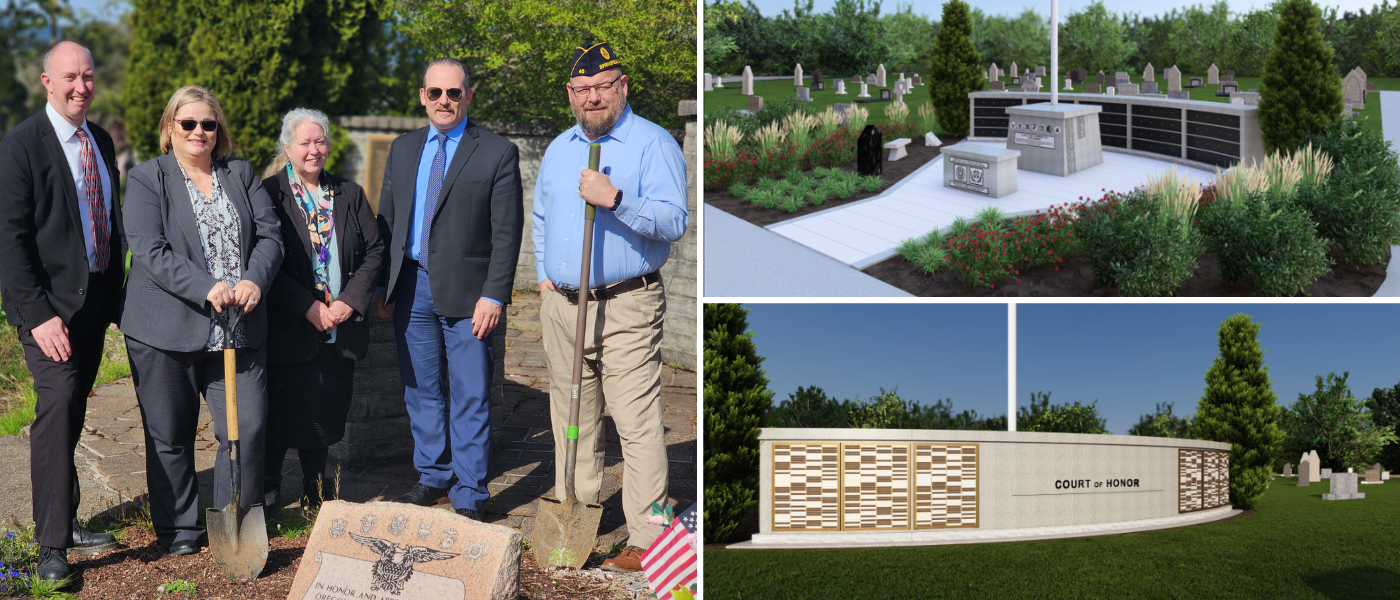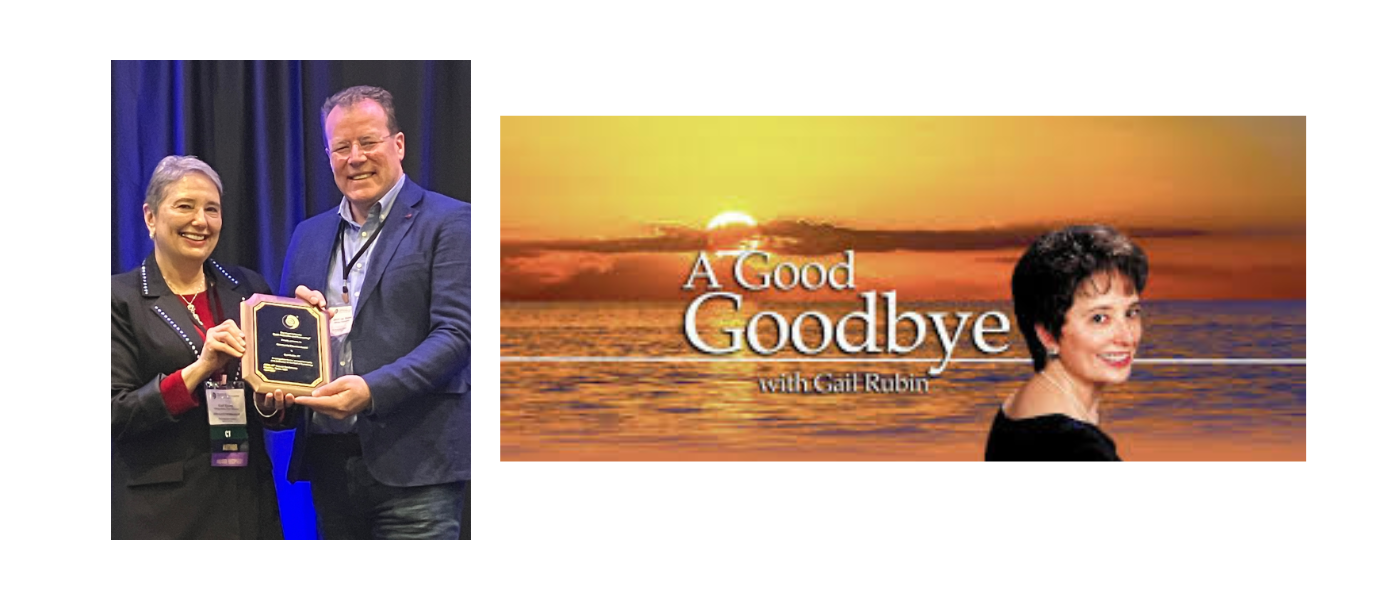Honoring a Deceased Isn't Easy

A recent trend has more and more death notices in newspapers concluding with the words, “No public funeral will follow cremation at the express wishes of the deceased. A family farewell will take place later.”
This has me wondering why deceased are moving away from public funerals which were the accepted practice 20 years ago where friends and neighbors could attend to express their respect and sympathy, to a slipping away that stirs scarcely a ripple in the wider community.
If the absence of a public funeral is due to the instructions left by the deceased, why did the deceased choose to shuffle off so quietly?
Was he shy, avoiding participation in public displays of any kind throughout his life? Did he offer ready excuses when invited to family get-togethers such as reunions? Did he judge skipping the funeral to be a simpler, kinder way for his family to give him up?
Could he have feared he lacked for friends who would take time out of their day to show up at his funeral, so that his family might be left sitting alone in church occupying a pew or two? Or did he pass up a public funeral because it would have felt too final.
Perhaps he worked hard all his life for his living and objected to the unreasonable expense of today’s funerals. Rather than squander money on ostentatious ritual he chose to retain more of his estate for the comfort of his surviving spouse and the education of his grandchildren.
Some, having lived their life obeying the Golden Rule and their mother’s admonition, “If you can’t say something nice, say nothing at all,” face the final chapter minus a history of church attendance, with no ingrained spiritual leanings to guide their leaving.
Cremation, with a family ceremony months later, particularly if death occurs in the winter, is a thoughtful way to deal with dangerous roads when far flung family may have to choose between driving icy highways or cancelled flights.
I see several drawbacks.
First, friends have no opportunity to show their respect for the deceased. They also miss out on eulogies which can be touching, funny, and reveal endearing, even unknown qualities of the deceased.
And the difficulties of scattering ashes instead of interment become evident on the anniversary of a death. Without a burial plot to gather round, where should the family meet to remember the departed?
When ashes have been scattered on a river, among trees in a favorite grove, or tossed from the stern of an ocean ferry, there is no one spot to serve as a focus where clan can congregate and lay flowers or plant a memorial tree. A hollow spot exists, and a feeling that something is missing.
Then along comes Jack Layton’s state funeral halting the trend with a jolt. The streets of Ottawa and Toronto clogged with mourners many of whom probably had never met Layton but felt his passing nonetheless.
Layton knew he wouldn’t lack for mourners, had never shied from parties or get-togethers, and had been a churchgoer all his life. Curbing funeral costs never crossed anyone’s mind.
He chose cremation, his ashes to be divided among three final resting places: planted along with a memorial tree at the cemetery affiliated with the Wyman United Church in Hudson, Quebec, where he was raised; scattered on the Toronto Islands where he and his widow, Olivia Chow, were married, along with another memorial tree; and his remaining ashes buried at St. James Cemetery in Toronto not far from where he and Chow lived.
To go from no focus to a choice of three may be equally difficult for Layton’s family a year from now when they gather to commemorate his passing.



